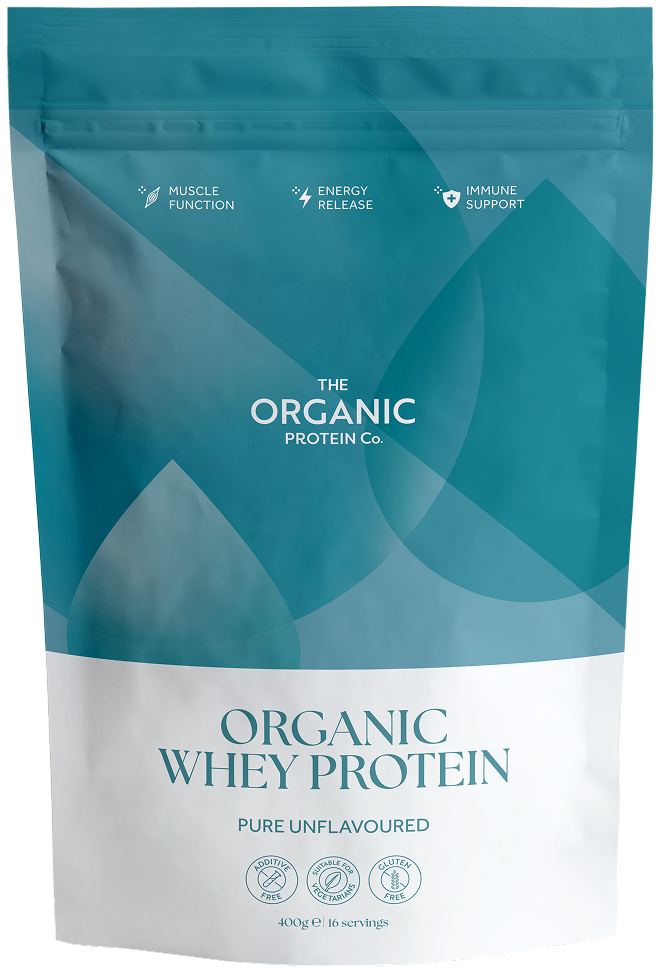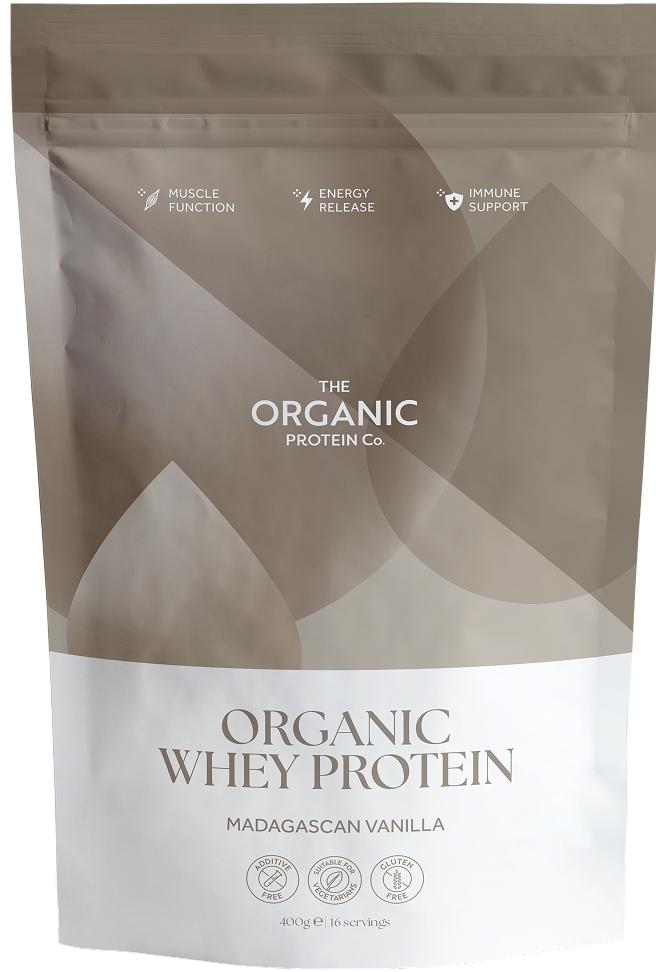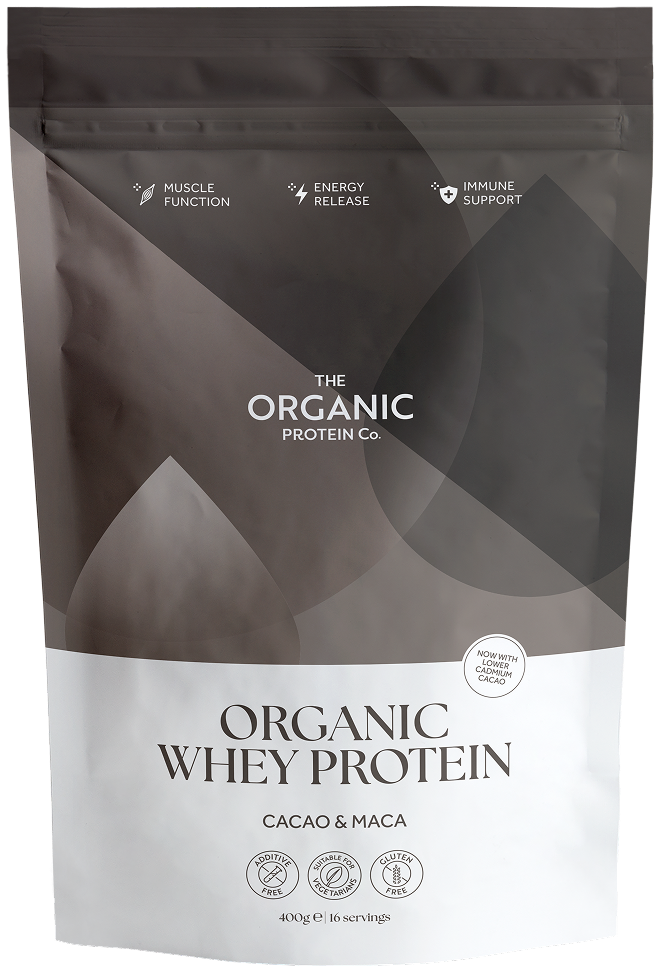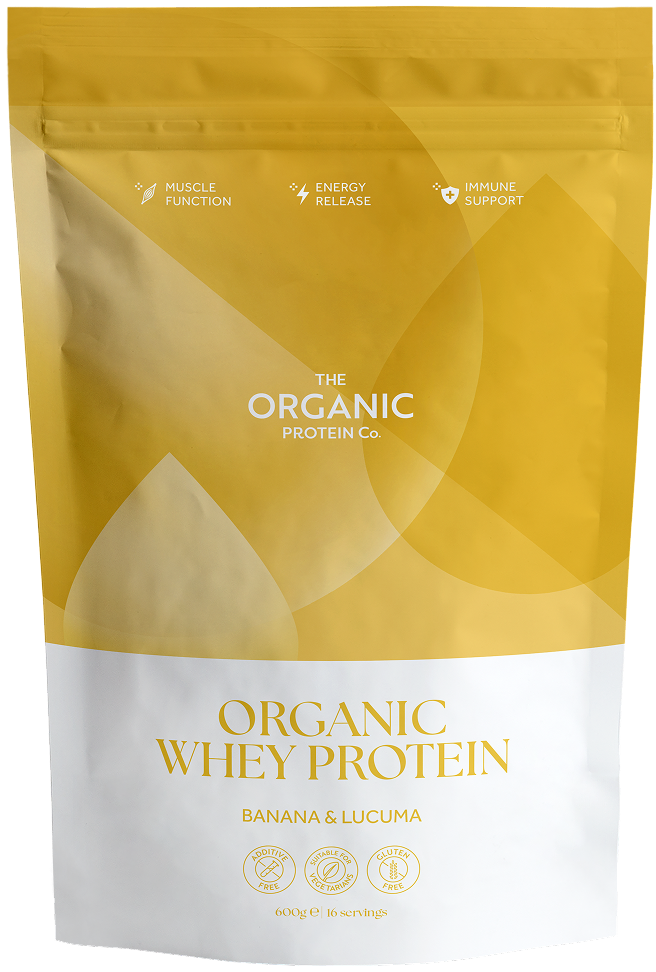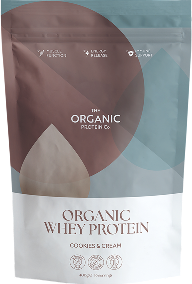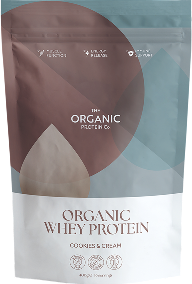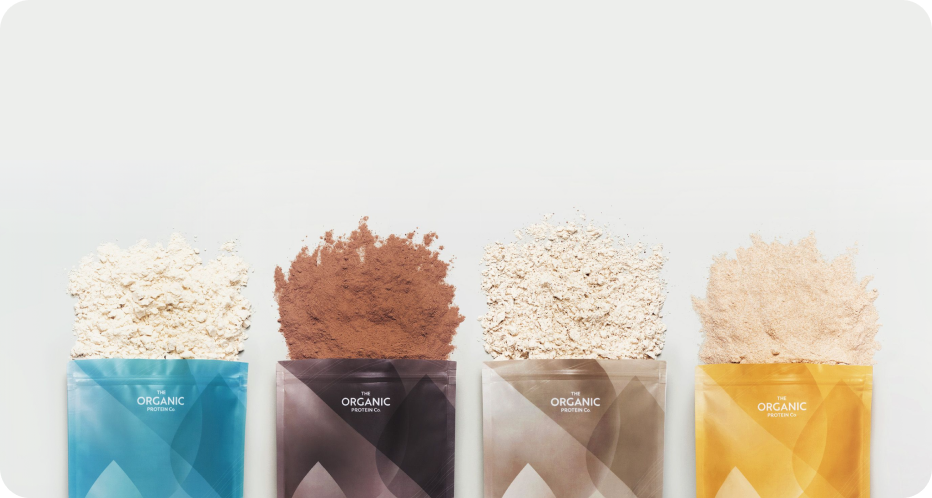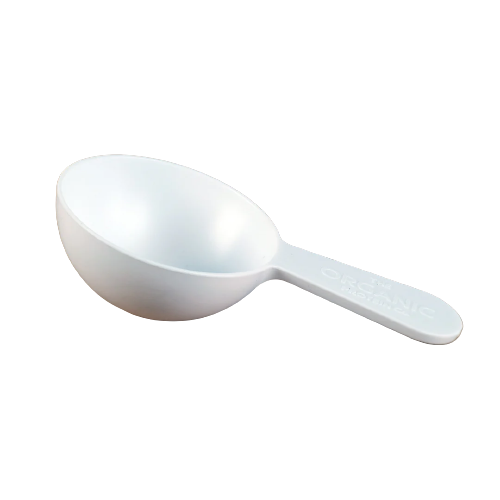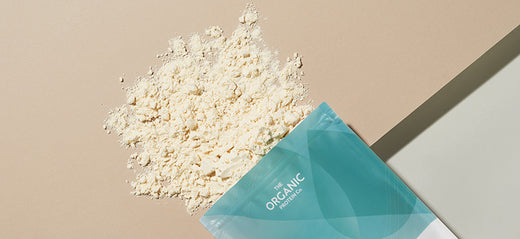Why would you care whether or not your whey protein is denatured? After all, our bodies will utilise the amino acids in the whey whether it's denatured or not. Well, a couple of compelling reasons come to mind:
- Undenatured whey protein has higher bioavailability. It is broken down and put to work particularly quickly and efficiently if it hasn't been denatured. Whey protein is already one of the most bioavailable protein sources, yet in its undenatured form it is even more so.
- The beneficial bioactive protein peptides and antibodies present in whey protein cannot but utilised by our bodies if they've been denatured. In particular the Alpha Lactalbumin, Beta Lactoglobulin, Immunoglobulin G (IgG), and Lactoferrin - some of which amazingly are also present in human breast milk. You can see our test results for these here .
Two very good reasons to consider undenatured whey protein vs the denatured stuff, but how does it become denatured in the first place? Heat or acidity. If whey protein is subject to excessive heat or acidity, the proteins will become denatured. Thankfully, our whey protein is cold filtered and then spray dried at a fraction of a second, avoiding the excessive heat that would otherwise denature the fragile proteins. Prior to filtration the liquid whey is kept in refrigerated steel vats to stop fermentation from turning it acidic.
| Analysis | Result |
|---|---|
| Denatured protein in whey protein sample | 20.59% denatured |
As you can see, around 80% of our whey protein remains undenatured. I think that is pretty darn good, and testament to careful temperature and pH control, despite 72C heat used to pasteurise the milk to begin with, albeit only for 15 seconds.
Denatured whey protein is still a valuable and highly bioavailable protein source, as our bodies will efficiently break it down and put it to work in our bodies regardless. We just lose the bioactive benefits and a little of the bioavailability that you will otherwise get from whey protein in undenatured form. Fun fact: when egg whites turn white during the cooking process, this is a result of the proteins becoming denatured. We still cook our eggs though 🙂.
The original test certificate is available to download here.

